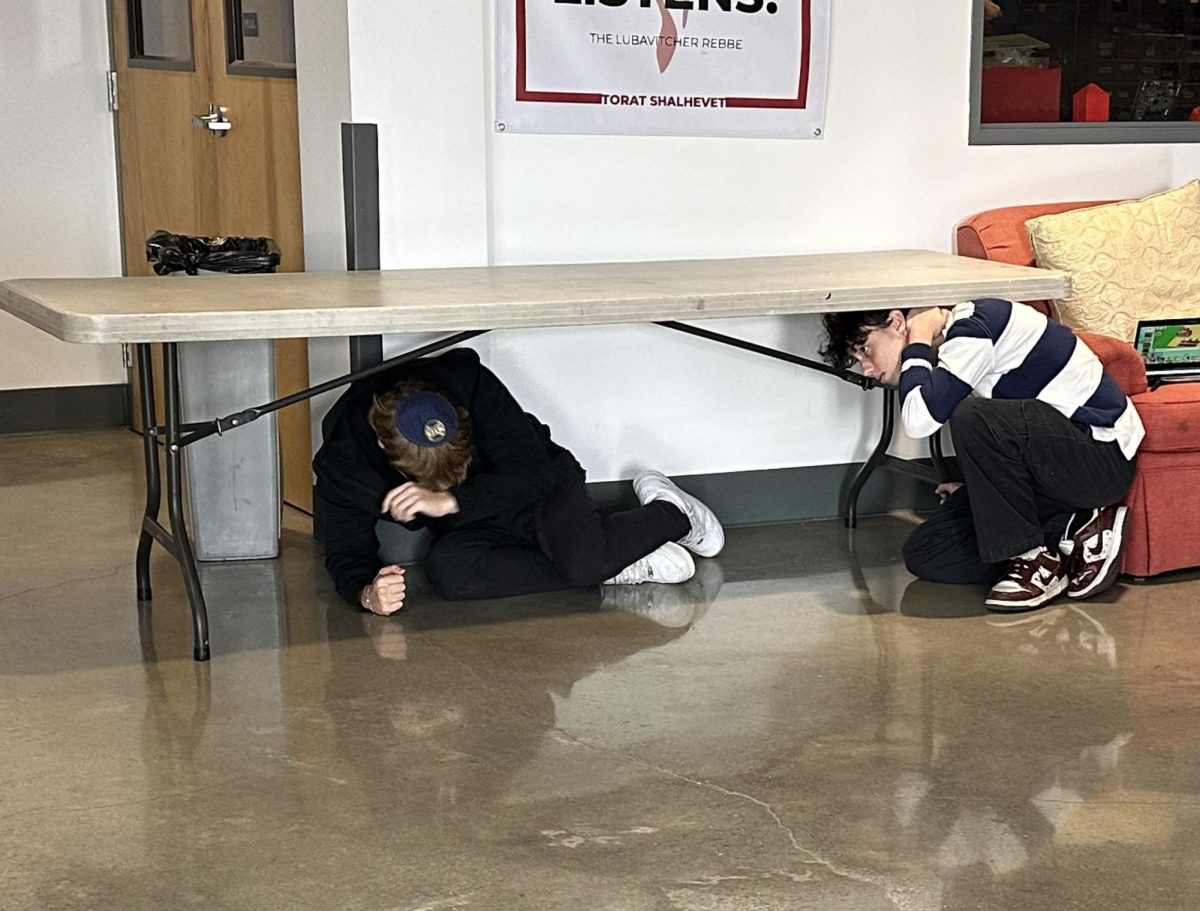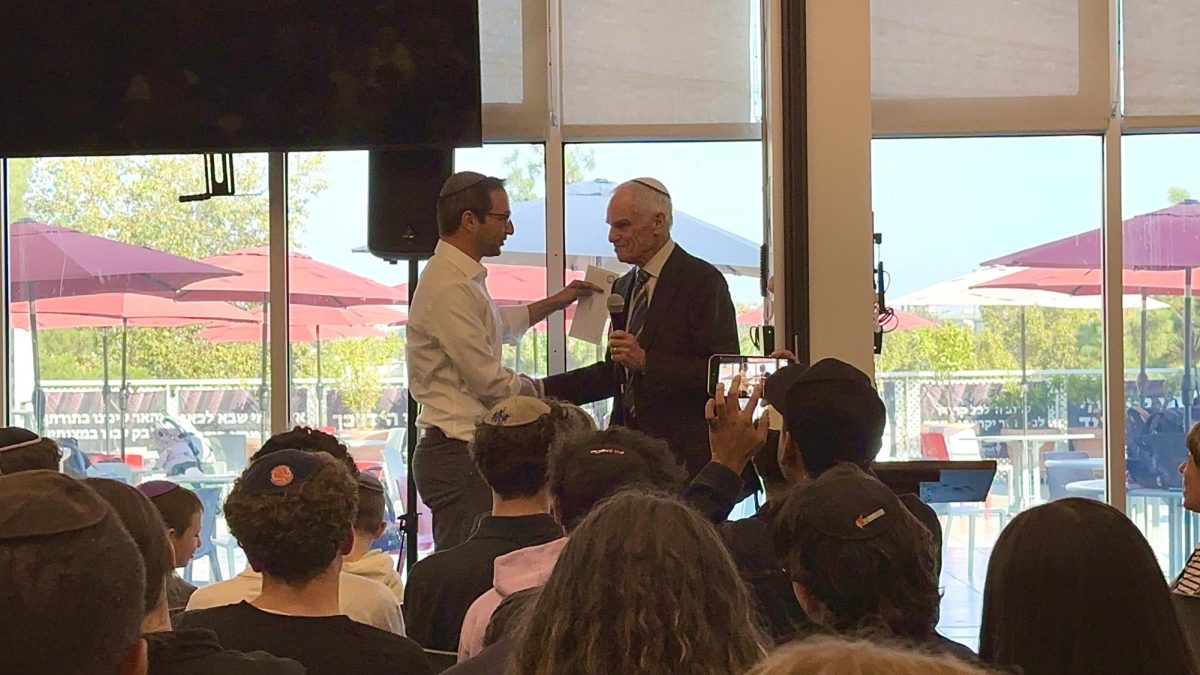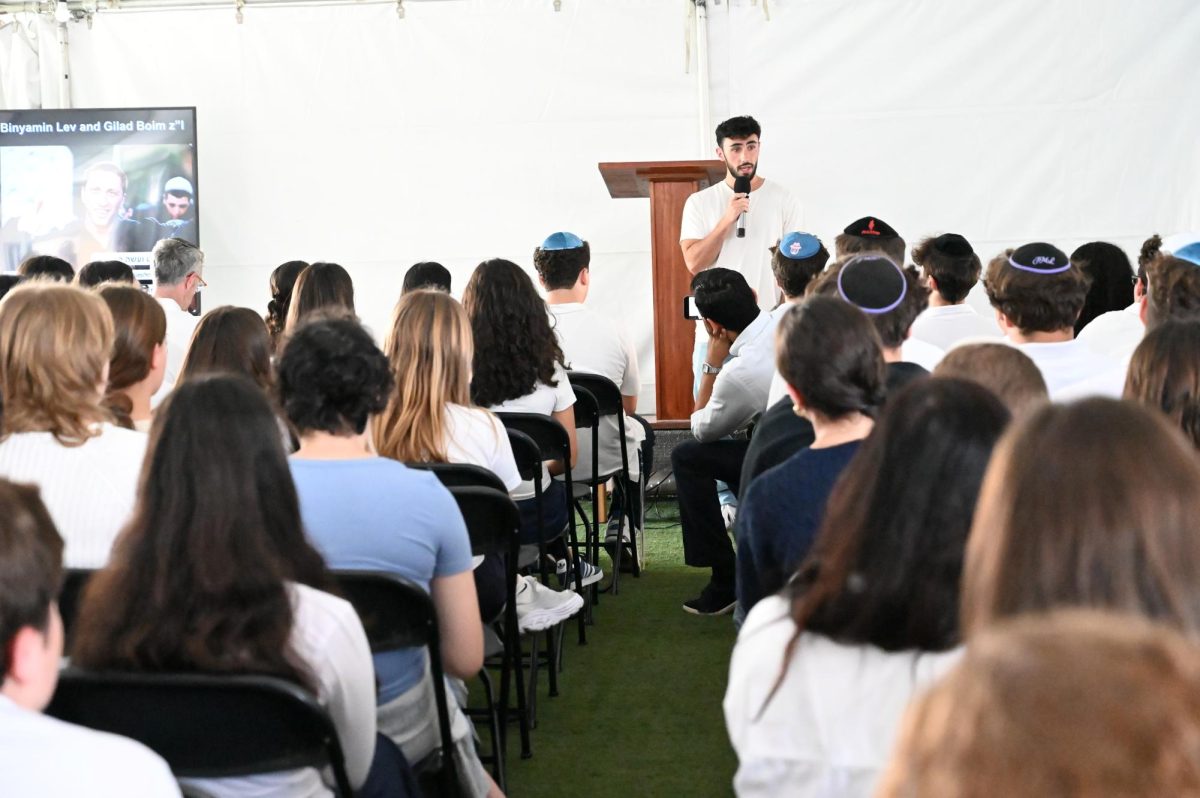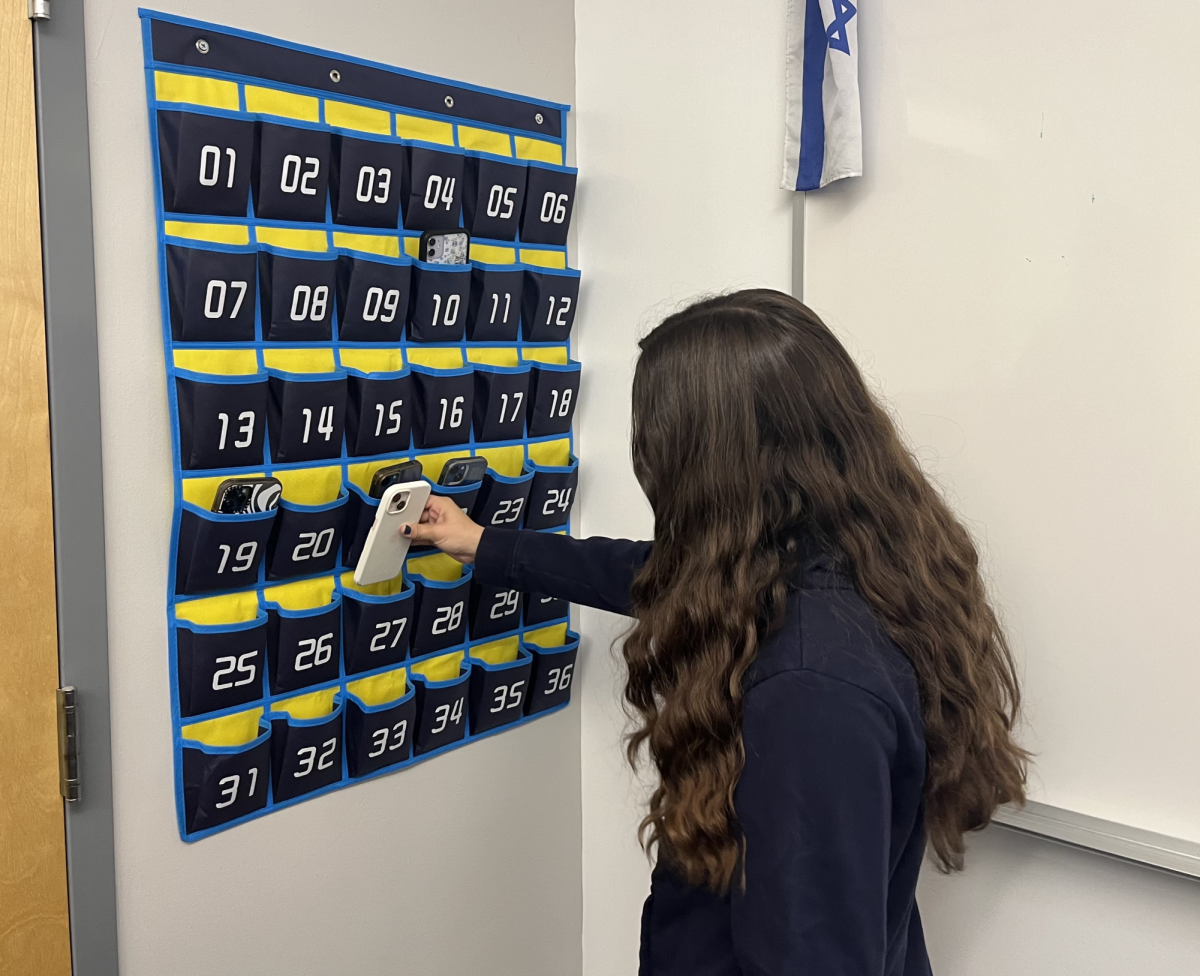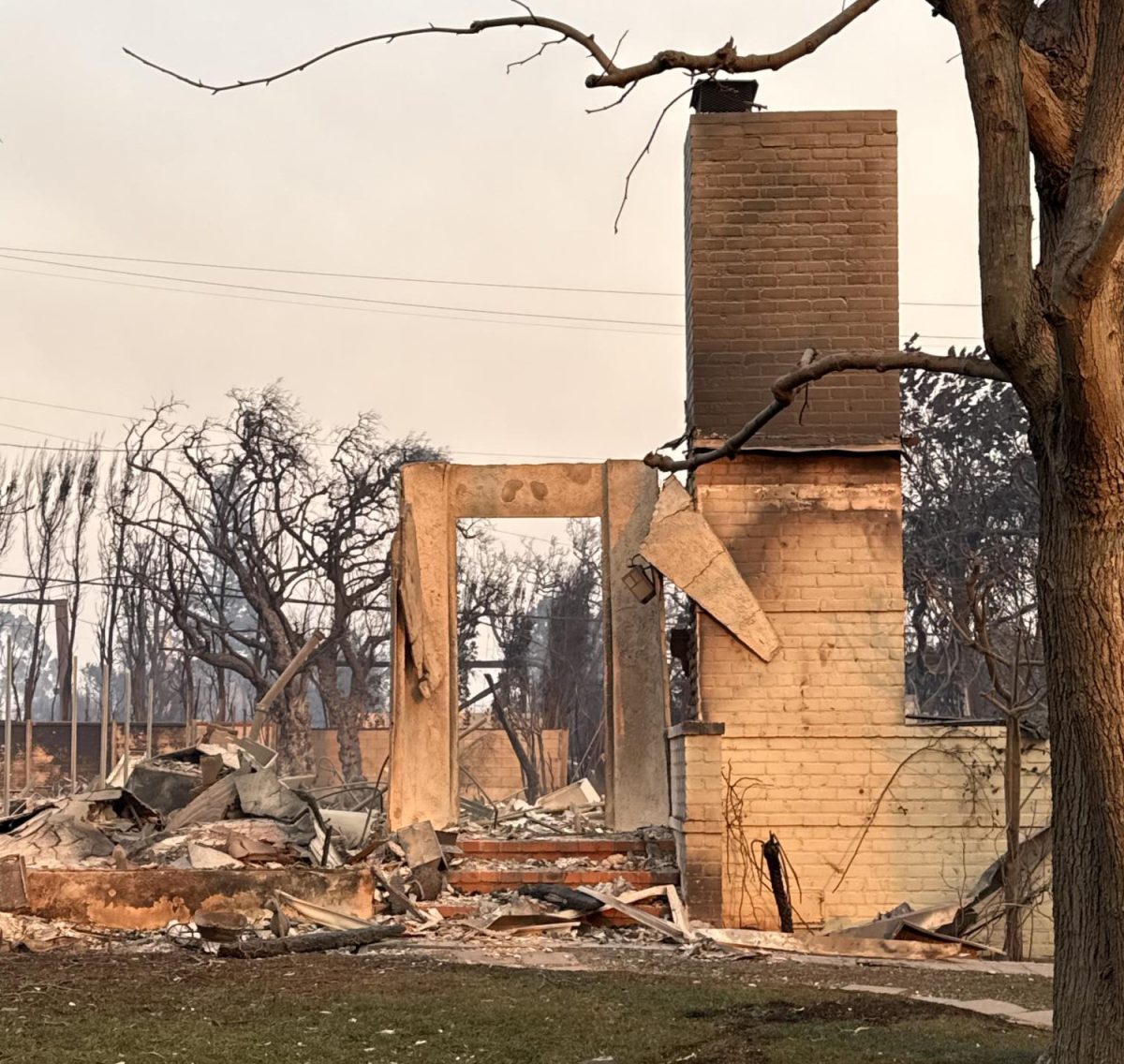A new rotating block schedule, with six longer classes a day instead of eight shorter ones, has added more excitement and confusion than usual to the first week of school.
Classes now meet six times in two weeks instead of four times every week, and each class meets for one hour instead of 47 minutes. Lunch is just one minute shorter at 46 minutes, and school is out at 4:20 p.m. instead of 4:45.
“Some people might look at it as we are losing more class sessions,” said General Studies Principal Mr. Roy Danovitch. “But [more class meetings] doesn’t always help students. It leads to homework overload, and when you have nine shorter classes a day, that doesn’t allow you to have meaningful experiences in each class.
“Students are going to gain much deeper engagement in each class and not have those crazy days.”
Science teacher Mr. Christopher Buckley, who worked out the details of the new schedule, said there would be 10 fewer minutes per week for each class, compared to last year. Every day but Friday there are 17 fewer class time minutes over the course of the day.
But what seemed to be rattling students was not missing minutes or longer classes, but the sheer complexity of the plan.
“I already know that this schedule is going to be especially confusing for me,” senior Shayna Gersten said. “On one of the Mondays I will get out of school early, but not on the other. I feel like I am going to get really confused about my free periods, and I am worried I will end up skipping a class.”
Two different week-long schedules alternate. To differentiate them, the first week is titled “Fire” and the second is “Hawk.”
In addition, a brand new introduction is something called SWAP, or school-wide appointment period. Once every two weeks, students will have an hour-long period to meet with co-curricular committees, do homework, or make up a test.
“Students will have an hour-long block,” Mr. Danovitch said, “and it is up to them to use that time effectively, because I don’t believe that students should be overscheduled.”
During the non-SWAP week, that time will be used for Advisory, which will now meet for a full hour every other week instead of the weekly 35 minutes last year. Town Hall will remain once every week, but it will alternate between Wednesdays and Thursdays.
Mr. Buckley said the new schedule was based on one used by Beth Tfiloh Dahan Community School in Baltimore, alma mater of new Judaic Studies Principal Mr. Noam Weissman.
“Our new schedule is actually simpler than that of Beth T’filoh,” said Mr. Buckley, “and some helpful conversations with Rabbi [Aaron] Frank of that school allowed me to understand how this schedule fundamentally works.”
Mr. Buckley, who began working on the schedule in May, added that he thinks the new schedule will be beneficial to his own math and chemistry classes.
Reaction to the schedule was mixed beforehand, but by the third day of school the trend was positive.
“I’m not crazy about every class being an hour,” said senior Rachel Friedman the week before school started. “I’d rather last year’s schedule in terms of it being more classes with less time.”
By Wednesday, she’d changed her mind.
“Now I love it, I really like it,” Rachel said. “I love that even though the classes go for a long time, the free periods are very long as well, and it gives you time to do things you need to do.”
Junior Kaili Finn was also happy with the change.
“I love the extra time I have with my teachers in classes and that I will be able to learn more this year,” said Kaili. Senior Daniel Schwartz agreed.
“It might be difficult to adjust to at first, but the reward will definitely outweigh the minor confusion,” said Daniel.
Mr. Danovitch expects the schedule to experience some “growing pains,” but is still very pleased with it.
“This is legitimately the biggest structural change to Shalhevet since I have been at the school,” Mr. Danovitch said. “It’s the biggest change to the model that supports our educational value.”


